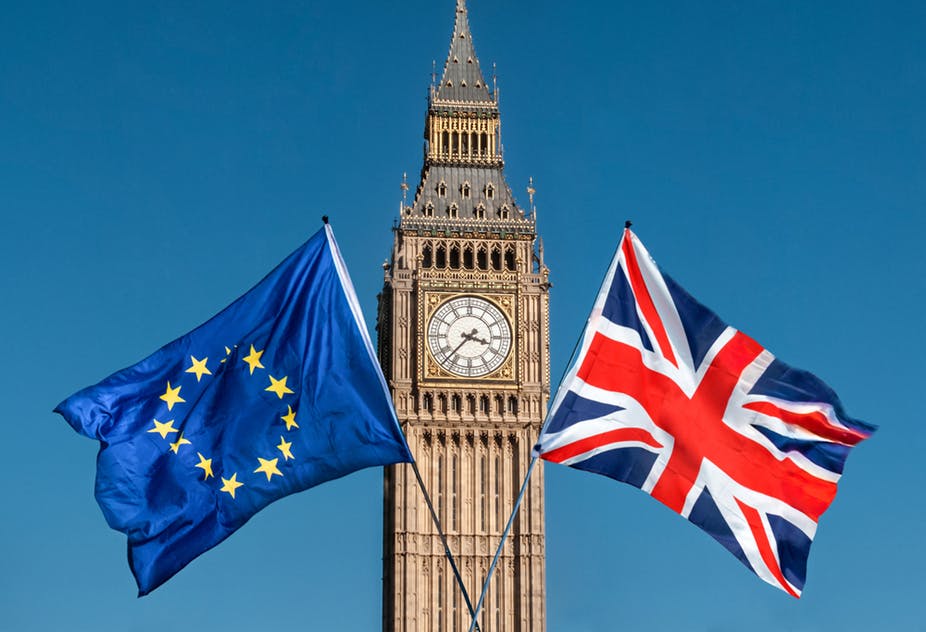On Jun 23, 2016, a referendum regarding the exit of Britain from the European Union turned out as a win for the leave side by nearly 52% to 48 % (17.4 million to 16.1 million votes). As a result, the British exit from the EU, dubbed “Brexit,” was planned by the officials to happen on Mar. 29, 2019 after the logistics had been discussed. However, after opposition from the MPs of Britain, the deadline for the exit has been extended twice, and important decisions concerning the details of the leave are still pending.
“I previously thought that Brexit was scheduled to happen on late March this year,” Brian Lee (12). Said. “Instead, I was surprised to hear that the date had been extended yet again due to ongoing conflicts in Parliament.”
Upon consolidation of the results of the referendum, the withdrawal agreement was proposed by Theresa May to address key points such as the amount of money UK would have to pay for their leave, the subsequent effects on UK citizens living in EU countries and vice versa, and the reappearance of a physical border between Northern Ireland and the Republic of Ireland. The main problem arose because the majority MPs were against the negotiations of the withdrawal agreement – both the first and second vote rejected the agreement by a landslide. As a result, the UK was forced to ask the EU for an extension on the transition period until a consensus was reached: the new deadline is Oct. 31, 2019.
“I think that a decision is not being made at the moment because both sides of the issue are worried as to what will happen after Brexit,” Clara Yim (10) said. “Both the UK and EU could suffer from repercussions as a result of this breaking off.
Although the British Parliament has yet to come up with a legitimate decision for the coordination of Brexit, the government is in the middle of holding talks and summits to formulate a solution. Most commonly, the MPs are reluctant to accept the terms provided by Theresa May’s withdrawal agreement, which limit the ability of UK to control its own affairs. The main problem lies in the fact that May has a “shared vision for a future relationship” whereas many of the UK officials push for complete separation. As a result, the agreement has been rejected two times and is currently being held for a third vote. May says that if an agreement is not reached, she will begin to provide a set of options for the UK regarding what will happen next.
“Brexit is quite a big event that will affect all citizens of Europe when it does actually happen,” said Megan Lee, high school English teacher. “Residence, prices of goods, and businesses are all potential areas that the event could have impact on.
Situations in UK concerning Brexit have been continuously changing since the vote of 2016. Although a consensus between the UK and EU has not been reached, through summits and negotiations, progress is being made toward a final decision. Once the decision has been made final, citizens of UK expect to witness some drastic changes in their country.

